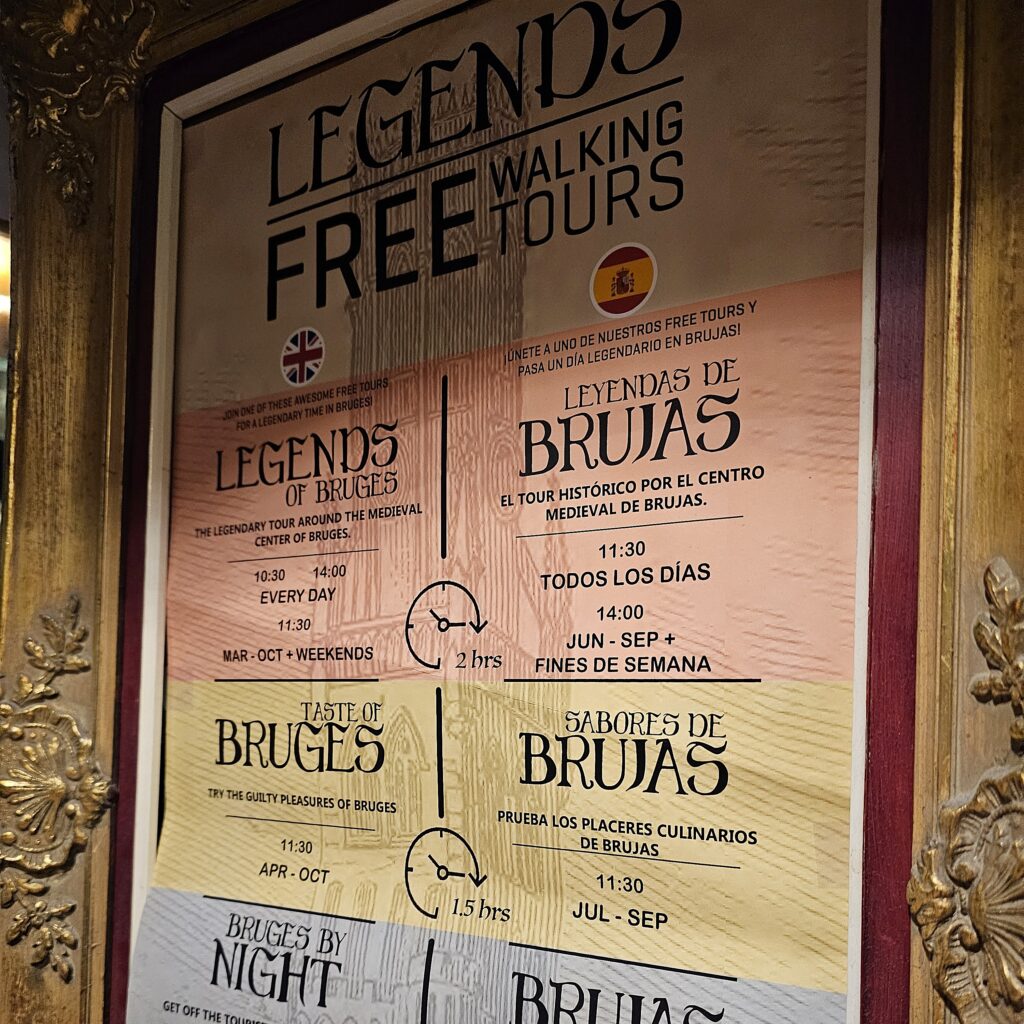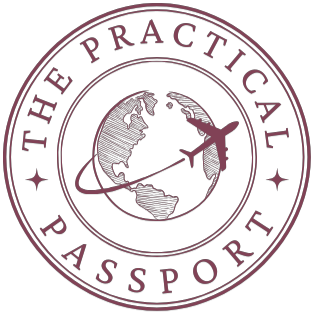The Practical Passport is all about helping people to travel on a budget. As you may have read in my About section, I don’t get paid to travel the world, and like you I have to save up and use my annual leave to its max to be able to go on exciting adventures around the world. Even though I love to splurge on a fancy all-inclusive now and again, my real passion lies with discovering new cultures and squeezing the most out of my trips for the least amount of money. If you are reading this, then I am guessing you want to do this as well. So here are my top tips for maximising your travels while spending as little as possible.
1. Be flexible with dates and destination
If you really want to travel cheaply, then this first point is super important. Generally, the biggest percentage of peoples travel budget goes on the flight, so being flexible with when and where you go can save you a fortune. For example, travelling over a weekend or during school holidays are usually the more expensive times to go, whereas travelling on a weekday off season will allow you to grab some better bargains.
The same goes for the destination. If you have your heart set on a destination, then you are limiting your options and may only find a few flights to that destination at a certain time. That’s not to say you can’t go where you want to go, but then you should research the cheapest time of year to go to get the best deal. Flight search engines such as Skyscanner have some great tools which allow you to search for whole months rather than specific dates and also have the option of looking for flights to ‘Everywhere’ from your local airport, rather than a specific destination. This allows you to see the cheapest options available to you if you are not bothered about where or when you go.
2. Travel off season
Following on from the above point, it is cheapest if you go off season. Most destinations, including the UK, will have an off-peak season, usually that’s a time when the weather might not be as good or more shops or attractions are closed. These are the times when you can get the cheapest deals, especially if you are also travelling out of the UK at an off-peak time as well.
Another time to avoid is any dates when a major festival or event is on, such as a sporting world cup, carnival or religious festival. If it’s your lifelong dream to go to one of these major events then disregard this and just save up and go, as that is the point of travelling to experience new things and make incredible memories. However, if you are not bother about Thanksgiving or the Grand Prix that is taking place that month, then just try and book your trip for another time when the price of accommodation and flights won’t be as high.

3. Book in advance
It used to be that you could get great deals by booking last minute, but I find that it doesn’t really make a difference anymore (although someone correct me if I’m wrong). Instead booking last minute often means that there are less options for flights and accommodation available, which could mean that all that is left is fancy 5 star hotel. Other extras that you might have to pay for such as airport parking, also goes up considerably the closer you are to the date of travel.
There are many travel bloggers and travel agents who claim to know the cheapest time to book (and they may well be right), but I usually book about 3-6 months in advance to ensure there is availability and everything is not super expensive. With bigger trips such as doing a gap year or an organised tour, you may want to book a bit earlier than that. That’s not to say I haven’t got some great deals last minute (2020 post covid was a great time to do it), but I feel like to ensure that you have the most amount of options available, you should try to book several months in advance.
4. Choose a cheap country
One of the ultimate ways to travel cheaply is to choose a cheap country. There are around 200 countries in the world, all with the different economies, lifestyles and cultures. Some will be similar to your country, others will be vastly different. If you want to maximise your cash while on the road, then go to a country where stuff costs less.
There is no exact rule which determines which countries are cheap, but as a guide, the major English speaking countries such as Australia, New Zealand, USA, Canada and the UK won’t be the cheapest to travel around. Also higher in prices are Western Europe, and some Middle Eastern and East Asian countries e.g. Japan. Whereas cheaper regions of the world tend to be Central and South America, Eastern Europe, Central and South East Asia and a large part of Africa.
Choosing a country which has a lower cost of living that your own can allow you to make your money go further. Just remember though that the locals are trying to earn a living and so a little bit of money for you, is a lot to them, so tipping or paying the asking price of an item may not only help them but their families as well.
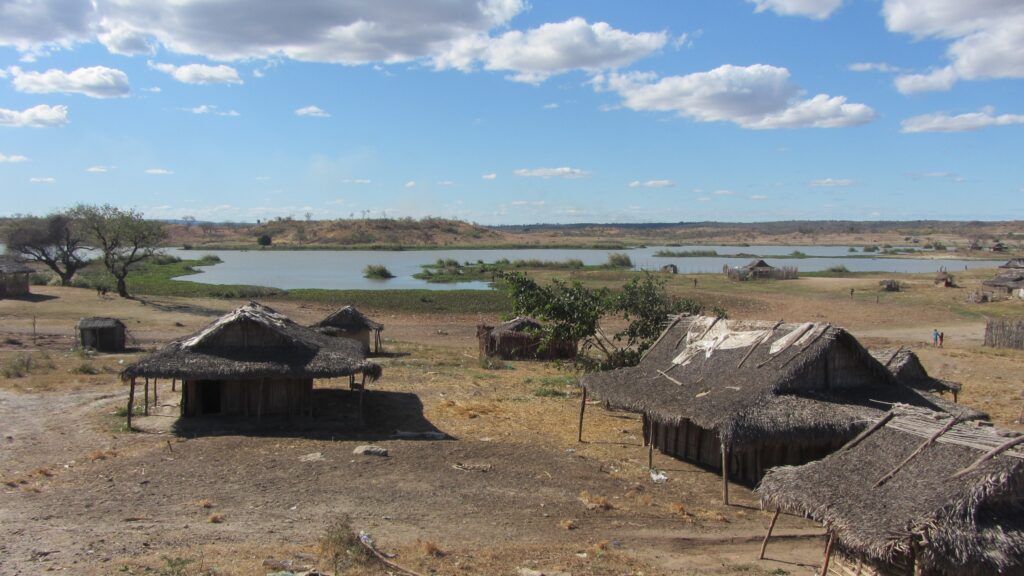
5. Research, research, research
Booking the first flight or hotel you come across is not going to save you money, especially as websites are set up to show you their ‘recommended’ product at the top rather that the cheapest. Sadly, finding good deals takes time and effort, but it is definitly worth it if you want to travel cheaply. You don’t have to research everything you book, especially for those people looking to travel more spontaneously, but spending a little extra time in the initial planning stages and not just booking the first thing you see can save you a lot of money.
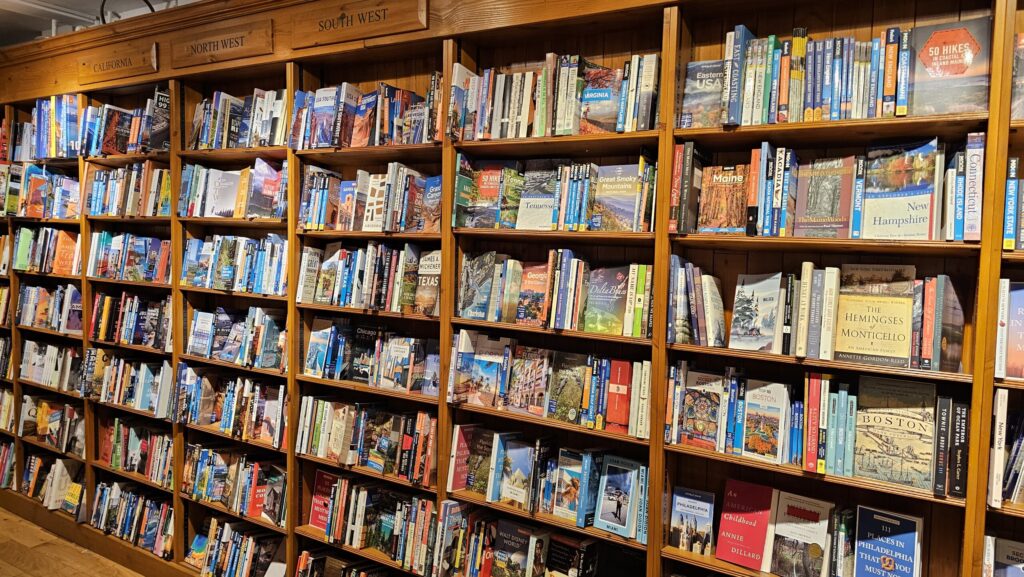
6. Go for longer
This may sound counter intuitive, but travelling for longer can actually make your trip cheaper (relatively speaking). If you think about the fact that the flight is one of the most expensive parts of a trip, then only travelling once a year but for longer, can work out cheaper than taking 2 or 3 shorter trips and having to pay for a flight each time.
You can take your time travelling when you are going for longer. This means you can take that cheaper transport that takes 12 hours instead of 6, or you could wait 2 days more and travel on a weekday instead of the weekend to save some pennies.Travelling longer also allows you to spread the cost over a longer period so you don’t have to pay a huge amount in one go.
When you only have a short time to visit somewhere, you are more likely to pay for transport and activities that maximises the amount you can see in the shortest amount of time, such as city sightseeing buses or organised tours. These tend to be expensive as you are paying for the convenience and a tour guide. On shorted trips you may have more of a splurge mentality as it will feel like a holiday, and you may be inclined to eat out more or to book fancier hotels which can bump the cost up.
7. Book everything yourself
When you use a travel agent to book your holiday, you are also paying for their knowledge, their service and the physical building they are sat it, so prices are often higher than booking things yourself. The same goes for travelling with an organised tour who arrange all your transport, accommodation and activities. You are paying extra for the convenience of them organising everything and the knowledge and safety that comes with travelling with a tour guide. If you want to travel cheaply, then book everything yourself.
8. Fly from a major airport
If you don’t live in a major city, then you may find that your local airport has limited options when it comes to flights, with the prices being considerably higher than the large international airports. Usually these rural airports also only offer a few flights a week, so finding a time or date that fits in with your plans can be tricky.
Flying from large city airports usually means more routes, a higher number of flights, a selection of different airlines to choose from and usually a cheaper price. Also there is more competition between businesses so hotels, parking and taxis can sometimes work out cheaper as well (a hotel at Bristol airport, which is in the middle of nowhere, costs upwards of £80 a night vs Heathrow hotels which can start as little as £30).
Just be careful though that you factor in all additional costs when deciding whether to fly from an airport further away from you. Yes the flight may be cheaper, but what about the petrol or public transport costs to get there, the parking or low emission zone charges, and also if you need to book a night in a hotel. But as long as you factor all of this in, sometimes travelling that extra distance to a larger airport can save hundreds of pounds on the same flight and, as I’ve said before, flights are often one of the biggest expense of any trip.
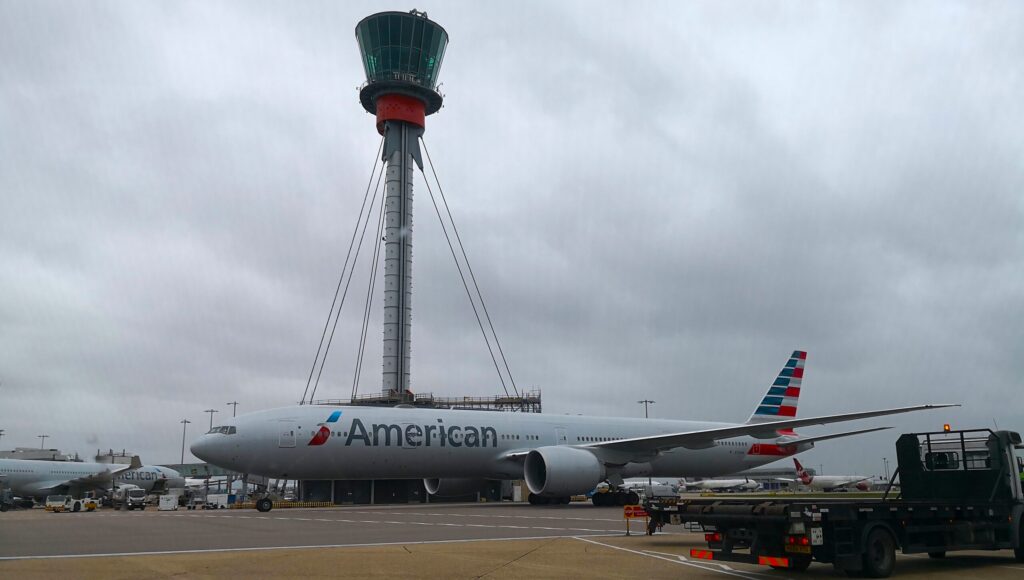
9. Use points
I was reluctant to put this one in, as I have never personally used airmiles or had a credit card which offers points for flights and accommodation, but I have to admit that many people do do this and it works for them. I just think that sadly the UK is a bit behind with our airmile type credit cards, compared to what you can get in the States and we also have so many budget airlines which annoyingly don’t have point schemes.
The one thing I would recommend though if you’re a UK citizen is collecting supermarket points. Having a Nectar card for Sainsburys or a Tesco Clubcard allows you to easily accumulate points while doing your weekly shop and then they can be exchanged for days out, airmiles, meals and other travel extras such as parking and coaches. I’ve used Tesco Clubcard points a lot and its great because you get up to 4 times the voucher value e.g. a £5 Clubcard voucher could give you £20 of restaurant, airport parking or coach vouchers.
10. Don’t use airport car parks
Official airport car parks are such a rip off and can set you back hundreds of pounds just for a week. Instead look at alternatives such as getting a coach or train to the airport or having a friend drop you off. If you have to drive, then look at alternative car parks which are not affiliated with the airport. Yes they might be further away, but often these independent car parks offer a free shuttle and some will even park your car for you. There are also options to pay to rent someone’s parking space on their drive while you are away.
For more options of how to get to the airport, read our full blog post HERE
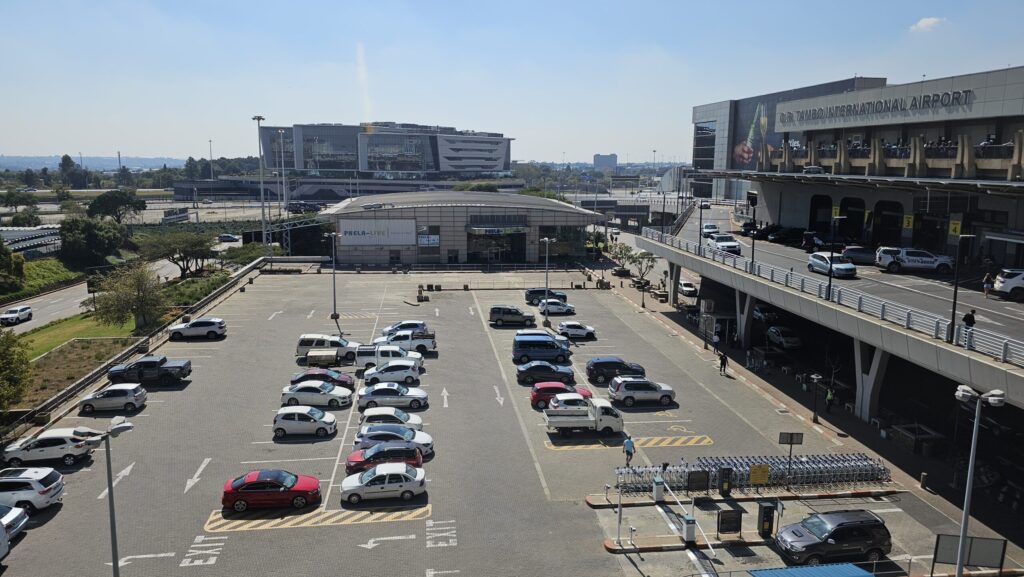
11. Only take carry on
I personally hate only being able to take carry on, as I get worried about changing weather and want to take enough clothes for every eventuality. However, I have to admit that if you can manage it, it can save you money on the flight.
A lot of the budget airlines used to be more generous with their free carry-on luggage allowance and you could take a small suitcase, but nowadays its changed to about the size of a small holdall. However, if you are going for a few days away or can make do with just the bare essentials then it is a great way to save money. Budget airlines prices can range upwards of £25 each way per item of luggage and go as high as triple digits for a heavy checked case. Previously these additional charges for checked luggage had been limited to short haul flights or budget airlines, but last year I flew long haul with a major British airline and noticed that they didn’t include luggage in the price. So always double check when booking flights whether it includes a luggage allowance or not, and if you can, just limit yourself to however much you can take on the plane for free.
12. Travel with a friend
I am lucky in the fact that I have a husband Jon who I do most of my travelling with. This means that I always have someone to share the cost of a hotel room or an Uber with. If you are travelling alone, sometimes there is a single person supplement where you will be paying more for yourself than if you were going with someone else. Travelling alone though doesn’t always mean that you have to miss out on someone to share the costs with, as the great thing about travelling is there are loads of people out there who are also alone and are looking for someone to also split costs with. Go out and make friends and ask where they are travelling to next and see if you can share accommodation or a lift together. Even though me and Jon travel together we still try to reduce our costs by getting other people involved to split the costs of food, accommodation or transport.
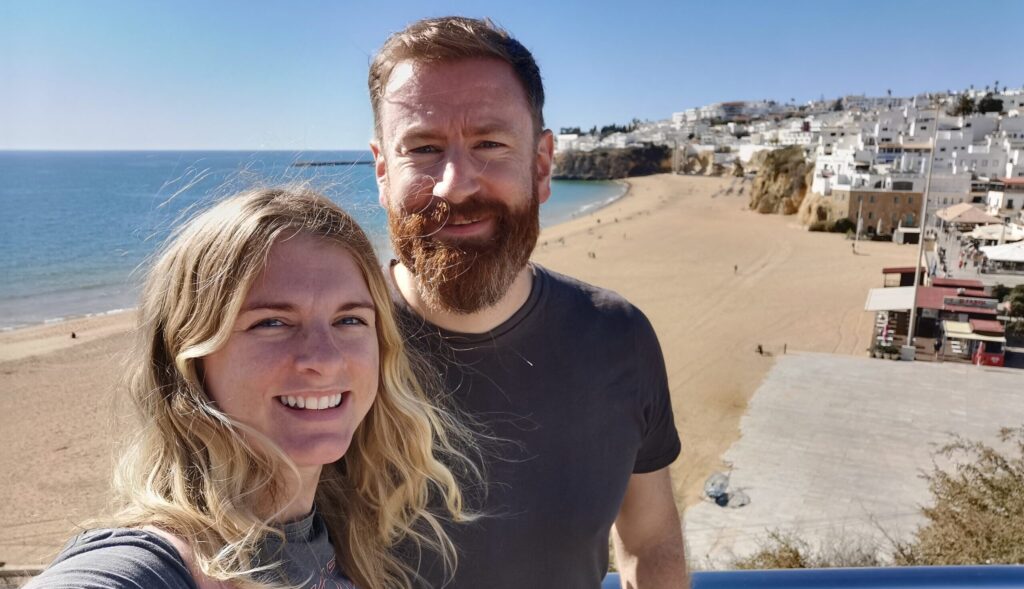
13. Stay in cheap accommodation
Ok so this is kind of an obvious one but thought I would include it anyway. Accommodation comes in many forms, from sleeping outside under the stars, to hostels, to 5 star hotels. Choosing your accommodation wisely can reduce your daily cost significantly. With hostels, often the more people you share a room with the cheaper it becomes, likewise staying in some accommodation which is further away from a city centre or the major tourist attractions can also reduce the cost. Added bonus if you have a friend who can put you up for the night for free.
Read our blog post to learn about more accommodation options from free stays to high end luxury.
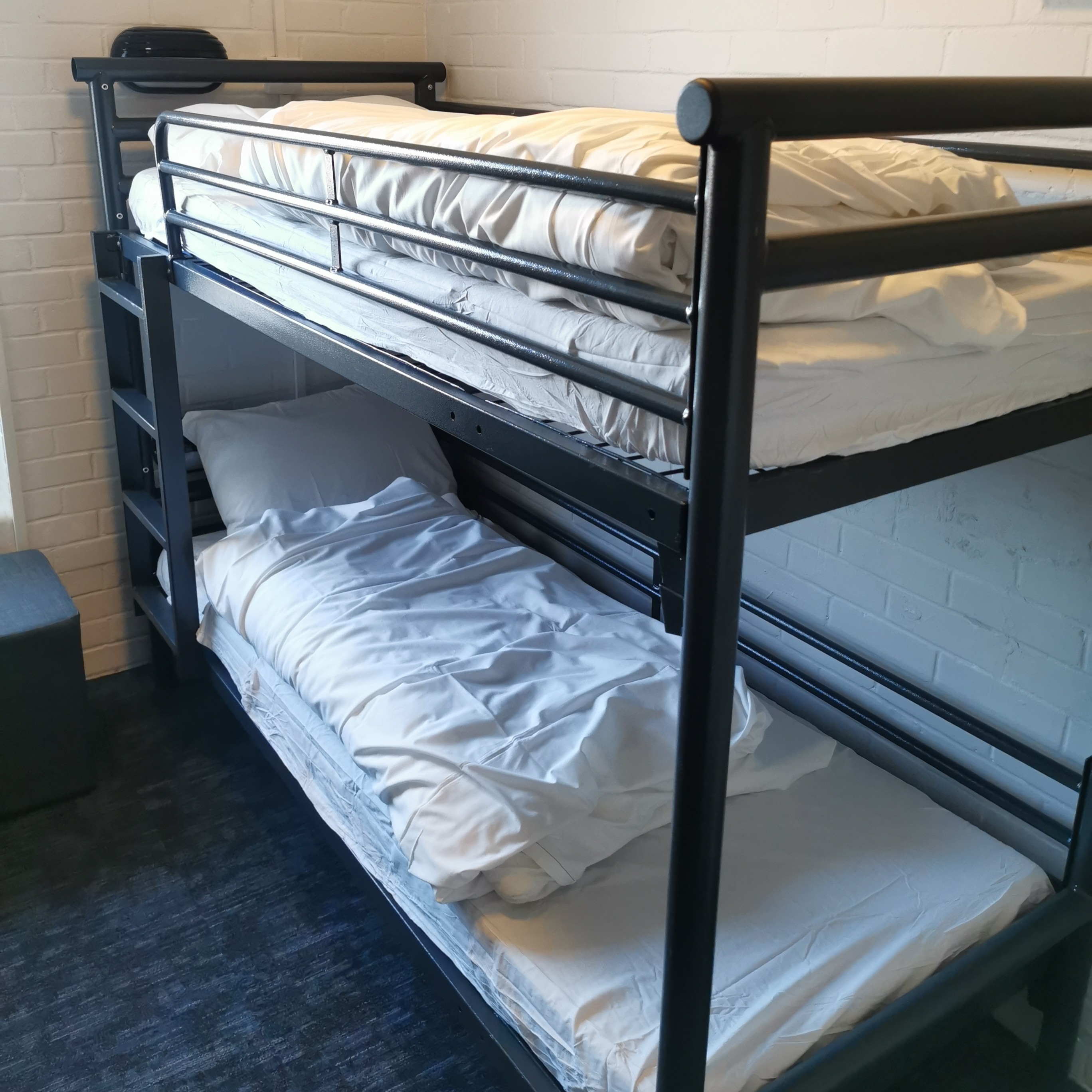
14. Travel somewhere hot
As someone who is from the grey and rainy island of Britain, it’s always amazing when I travel somewhere hot and discover how little I spend due to being able to do stuff outside for free. A hot country isn’t neccessarily going to be cheaper than a cold one, but hot weather usually means that you can spend more time outside at places like the beach, the park or going for a walk, and these activities are all free.
I’ve noticed that in hot weather I prefer to walk everywhere rather than paying to take the bus or car, plus I spend less on food as I don’t feel like eating much in the heat. Also if you are trying to reduce costs by only taking carry-on luggage, then you will not need as many clothes when you travel to a hot country vs a cold country. Cold weather generally means doing indoor activites which cost money, like going to the cinema, shopping or having a hot drink in a cafe. Obviously it’s great to explore everywhere in the world and experience all weathers, but if you want to travel cheaply then hot weather does definitely help reduce the amount spend on food, indoor activities, and getting transport everywhere.
15. Work or volunteer
If you have the option of working or volunteering in a country then this is a fantastic way to make yourself some extra money or allow you to travel cheaply. You will need to have some kind of work visa, but once you get earning money in their local currency, then this can significantly reduce the cost of living especially if you have travelled from a country with a lower wage. Also when you are working you occupy your days with something else and therefore won’t be spending money on sightseeing or eating out.
If you plan on volunteering, then try and go for something that doesn’t involve you having to pay for it. Something like WWOOFing or volunteering in a hostel allows you to work in exchange for free food and accommodation. This will allow you to get to know the local area and it’s people while spending very little.
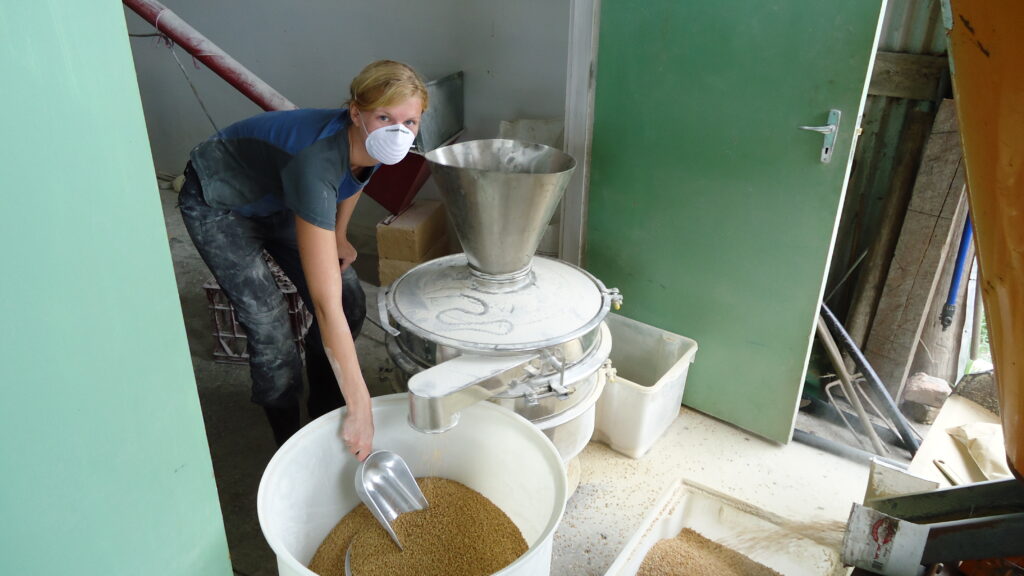
16. Cook your own food
I am such a foodie and it takes real willpower to stop myself from buying a little treat in every restaurant and café I see when I travel. Instead, cooking for yourself can help keep costs down. If you are staying in a hotel, then this can be tricky as often there are no cooking facilities, but hostels usually have kitchens and so do some campsites (although you may have to take your own stove).
It can take a little time to get to know which are the cheapest supermarkets in a new country, but once you do, you can eat relatively cheaply, especially if you make meals from some of the basic staples like bread, pasta, noodles and potatoes. Many hostels will also have a free food section where you can either borrow or take the food left there by other people (although best to stick to the dry goods and always check the use by date).
17. Take local transport
Public transport is often the cheapest way to get around a city or country. It is made to be affordable for the local people who have to commute to work or for those without their own transport. You may find that the journey takes longer as there are multiple stops along the way or that they are overcrowded, uncomfortable or hot, but this is also part of the experience and will be a lot cheaper than just getting a taxi everywhere or booking an organised tour.
Local transport can also be used as a cheaper alternative to paying for sightseeing tours, as you can get on the local bus, ferry or subway and travel the whole route around the city, taking in the sites as you go and hoping off when you find somewhere of interest. Many major cities usually have passes you can buy if you are a visitor which allows you to use all of their public transport for up to a certain number of days. This often works out cheaper than buying a single ticket each time.
Read our blog post How to get around while backpacking for a full breakdown of transport options for every budget.
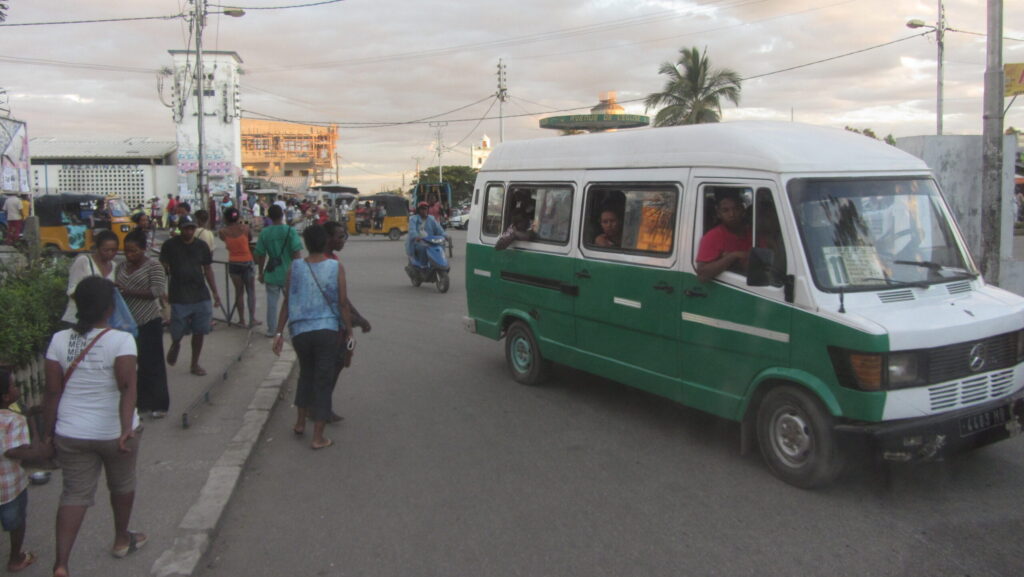
18. Walk everywhere
Even better than taking local transport is just walking, as it’s free, is a great form of exercise and is better for the environment. This will be easier in some places than others due to the terrain, the weather, the availability of footpaths and the safety of a place, but if you are able to walk instead of taking transport then you can reduce the amount you spend. It’s also a great way to get to explore a new place as you see so much more on foot compared to if you were whizzing past on a train.
19. Avoid the tourist areas
I don’t mean don’t go to tourist areas at all, because that’s one of the highlights of travelling. What I mean is try to avoid these areas if you are trying to buy anything. From accommodation to restaurants, to tickets and souvenirs, anything you purchase in the more touristy part of a place will be the most expensive. Often if you just travel a little bit further away from the main square, or tourist attraction, you will find cheaper restaurants, cheaper accommodation and more affordable gifts. Also be careful of scammers and pickpockets who tend to prey on tourists in these popular areas.
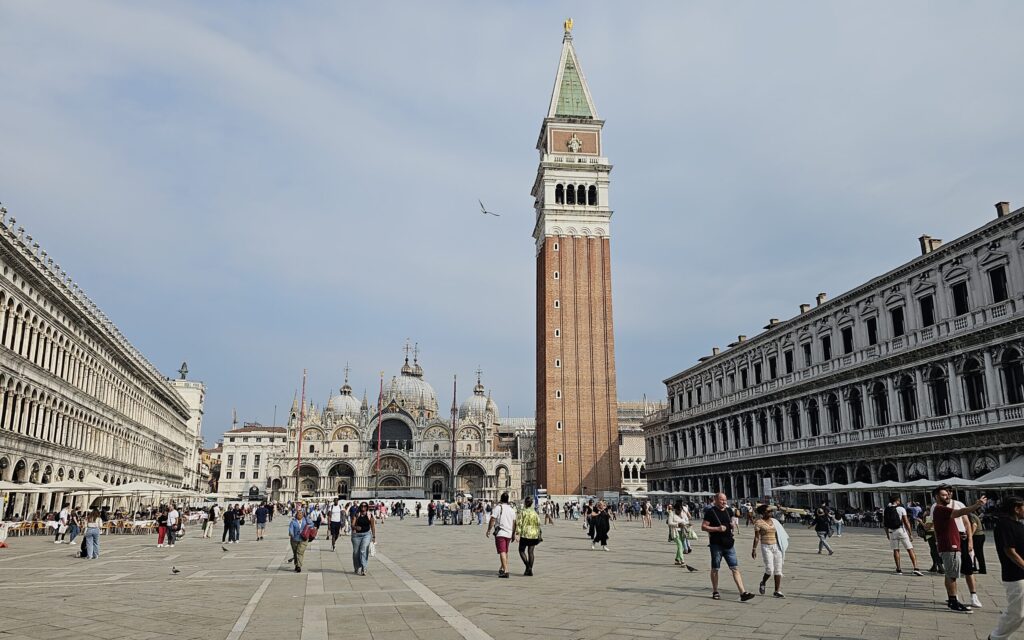
20. Buy a multi-attraction pass
Those of you visiting a big city which has major attractions, such as London, Paris or New York, may want to consider buying one of the tourist attraction passes. Usually cities which have a lot of attractions will offer passes for tourists which allow you to see a certain number of attractions for a reduced cost. Although it might seem like a big expense initially, if these attractions are on your must see list anyway, then these passes offer big discount off the usual entrance fees. Passes can often be bought in advance from travel agents or tourism board websites or from ticket offices and tourist information kiosks at your destination. Just double check how long you have to use the pass and whether it contains all the attractions you want to visit to ensure it is worth the money.
21. Join a free walking tour
In every major city there are people trying to sell you hop on hop off sightseeing bus tours often at extortionate prices. But did you know that in many cities you can actually get free walking tours through local hostels, the tourism board or local guides. I have been on many free walking tours and they are a great way to get your bearings when you first arrive in a new city. Although they are advertised as ‘free’, it is customary to offer a tip at the end to the guide, however what you pay is up to you.
If you want something a little extra, then you can also get cheap tours with local guides through sites such as Airbnb experiences. A local will show you around their home town and some even offer themed activities such as food tours, bike tours, or cooking classes. These are often cheaper than paying for the city sightseeing buses as the money you are paying goes straight to pay for your guides time and not any extra overheads and costs that the major sightseeing companies have.
